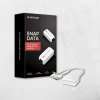https://actelsershop.com/es/content/8-kits-snapdata-actelserhttps://actelsershop.com/es/content/8-kits-snapdata-actelser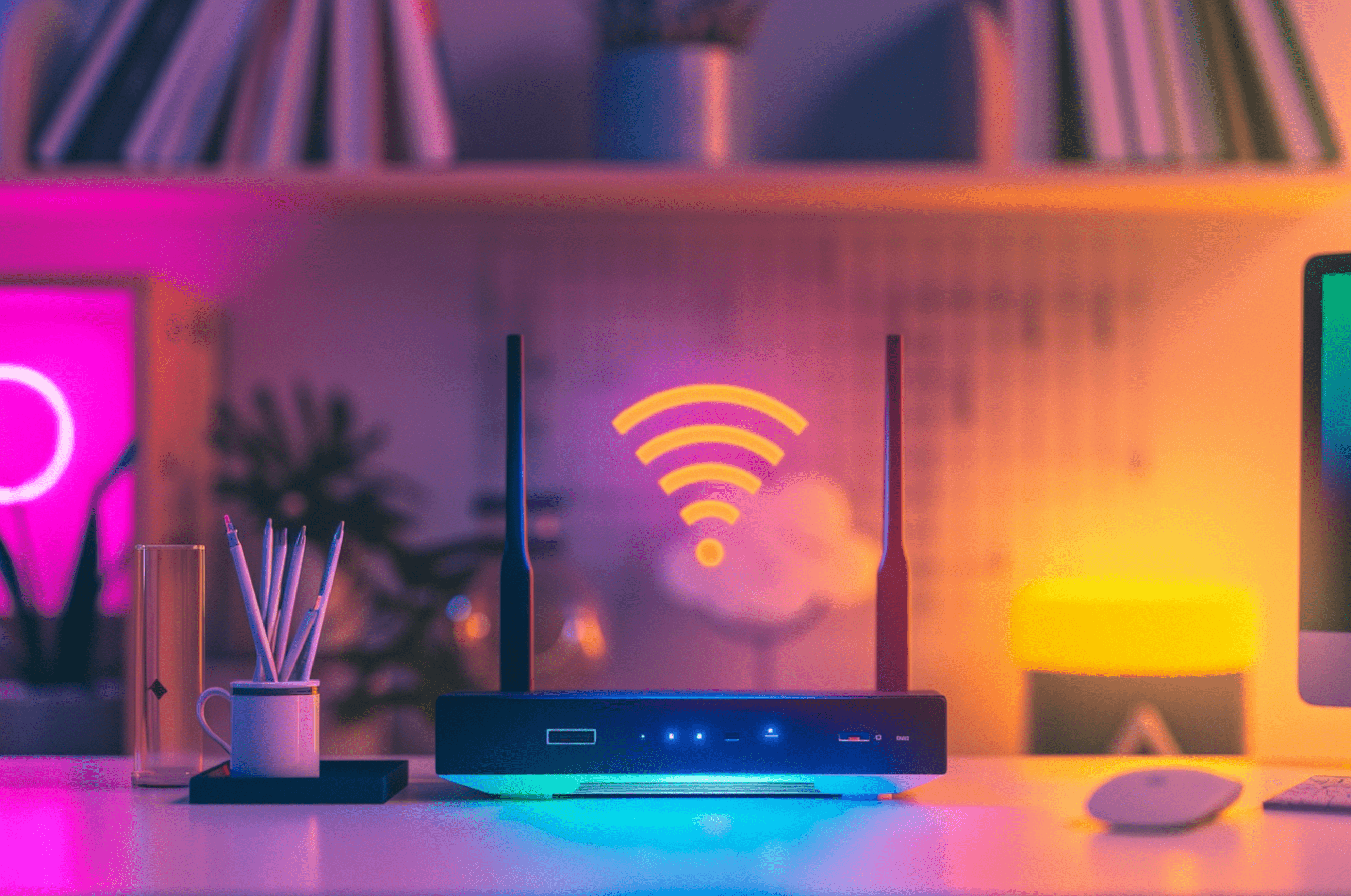
Wi-Fi repeaters are the "first aid" tool when home wireless connectivity fails, and with the recent approval of the Wi-Fi 7 standard, the question arises of whether it's worth investing in a repeater with this new technology. Let's take a look.
Advantages of Wi-Fi 7
Wi-Fi 7 vs Wi-Fi 6/6e: Wi-Fi 7 operates on 2.4 GHz, 5 GHz, and 6 GHz bands, offering significant improvements over Wi-Fi 6/6e, including increased bandwidth and support for the 6 GHz band.
Expanded bandwidth: Wi-Fi 7 doubles the maximum bandwidth to 320 MHz, compared to Wi-Fi 6's 160 MHz, allowing for more data throughput and significantly increasing connection speeds.
4096-QAM encoding: Wi-Fi 7 uses more advanced encoding (4096-QAM) that allows for transmitting more data in each symbol, improving efficiency and connection speed.
Improved coverage and speed: Despite higher frequency bands offering less range, Wi-Fi 7 compensates with impressive speeds, even over shorter distances.
Device compatibility: To fully leverage the advantages of Wi-Fi 7, both routers and end devices must be compatible with this new standard.
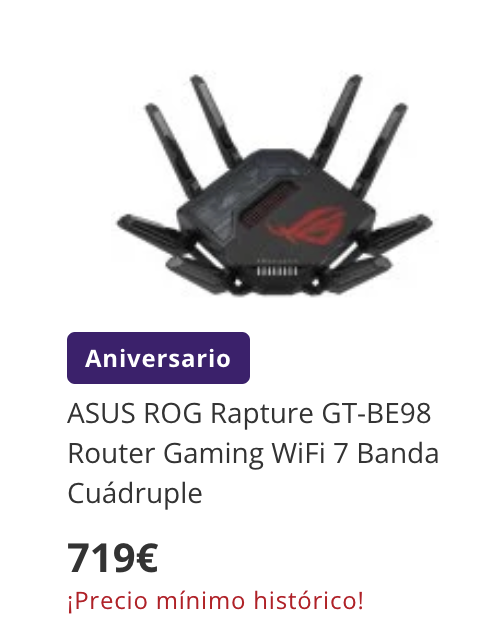
Disadvantages of Buying a Wi-Fi 7 Repeater Right Now
- Cost: Wi-Fi 7 repeaters are considerably more expensive than Wi-Fi 6 models.
- Limited compatibility: Currently, there are few devices compatible with Wi-Fi 7, including routers, mobile phones, and network cards.
- Limited availability: The number of Wi-Fi 7 repeater models on the market is still very limited.
Factors Affecting Wi-Fi's "Theoretical" Speed
- Interference: Wi-Fi signal can be affected by other wireless devices, such as microwaves, cordless phones, and Bluetooth devices.
- Distance: Wi-Fi signal weakens with distance. The farther a device is from the router, the lower the speed.
- Obstacles: Physical objects like walls, furniture, and appliances can block Wi-Fi signal.
- Interference from other routers: If there are many Wi-Fi routers in the area, there can be congestion in the frequency band.
- Router capacity: Older routers may not be able to reach maximum Wi-Fi speeds.
- Device capacity: Older devices may not be compatible with the latest Wi-Fi standards.
When to Buy a Wi-Fi 7 Repeater?
Buy a Wi-Fi 7 repeater if:
- You have a Wi-Fi 7 router and several compatible devices.
- The maximum contracted speed is not essential for you.
- You don't need low latency for gaming.
- You need high-speed and stable Wi-Fi coverage.
- You're willing to invest in future-proof technology.
Alternatives to Wi-Fi 7 Repeaters
Overall, a wired connection is still better than Wi-Fi 6 or 7, even with the improvements they offer.
- Mesh systems: Offer more uniform and scalable Wi-Fi coverage but are more expensive.
- Powerline adapters (PLC): Use electrical wiring to carry internet signal, ideal for areas with thick walls.
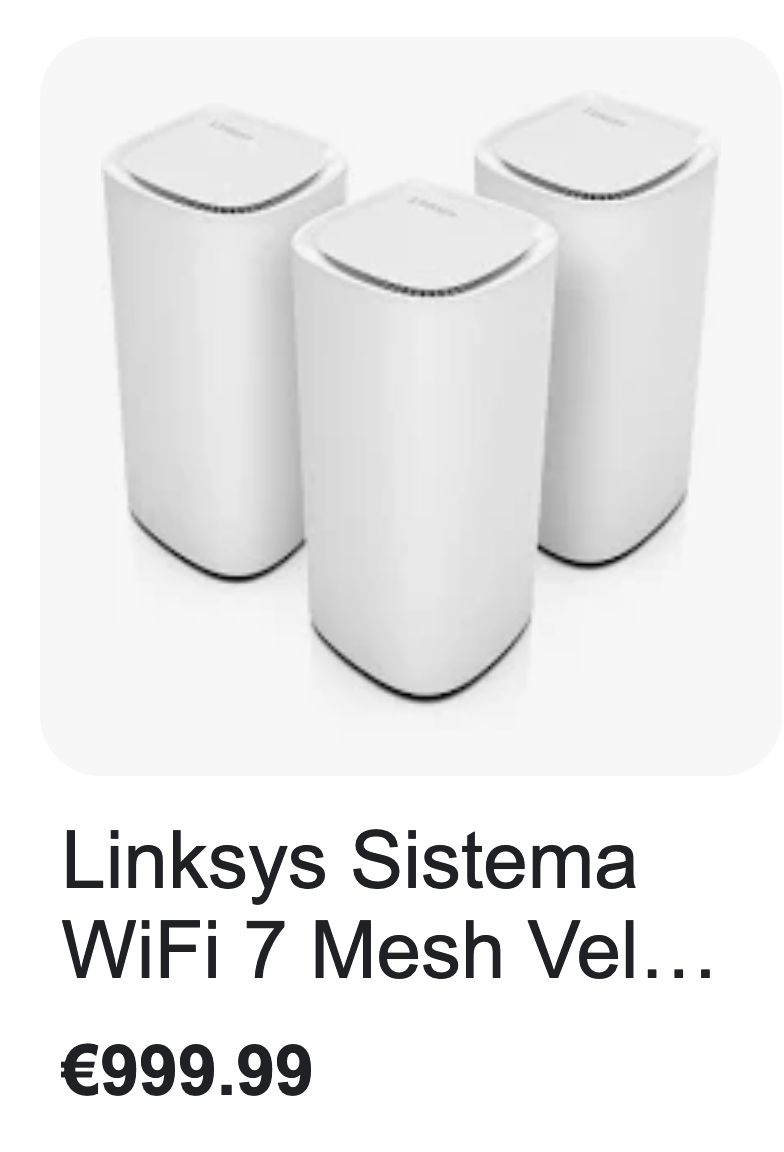 Plastic Optical Fiber (POF): An economical and flexible alternative that provides good performance for most households.
Plastic Optical Fiber (POF): An economical and flexible alternative that provides good performance for most households.
Plastic Optical Fiber: A Viable Alternative
Plastic Optical Fiber (POF) is a type of optical fiber cable that uses plastic instead of glass. It's more flexible and economical than traditional optical fiber, making it an attractive option for homes.
Conclusion
Wi-Fi 7 repeaters offer advantages in speed, stability, and capacity. However, their high cost, limited compatibility, and current availability make them not the best option for everyone. It's important to analyze your needs and consider alternatives like Mesh systems, PLC devices, or Plastic Optical Fiber.

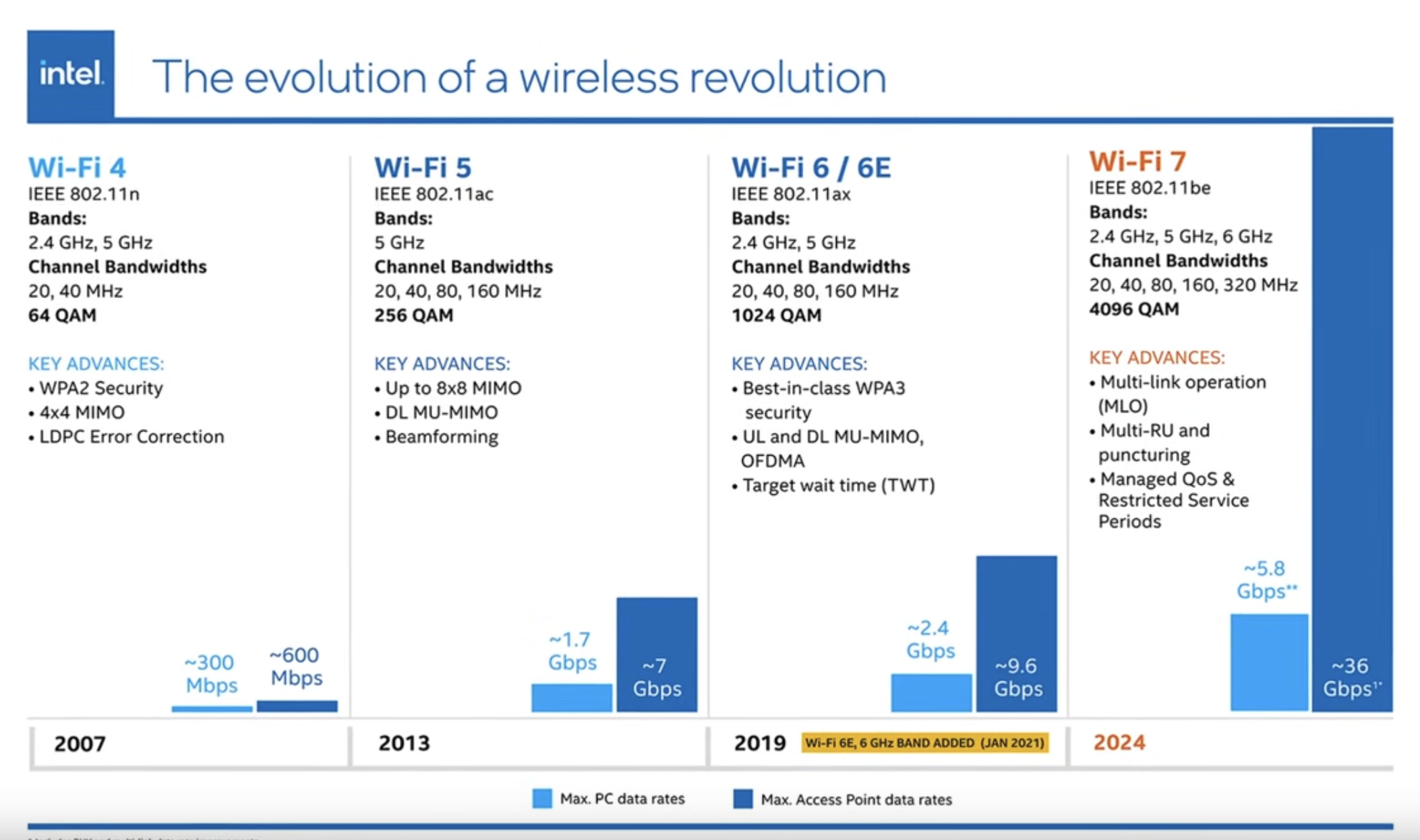
(3).png)



